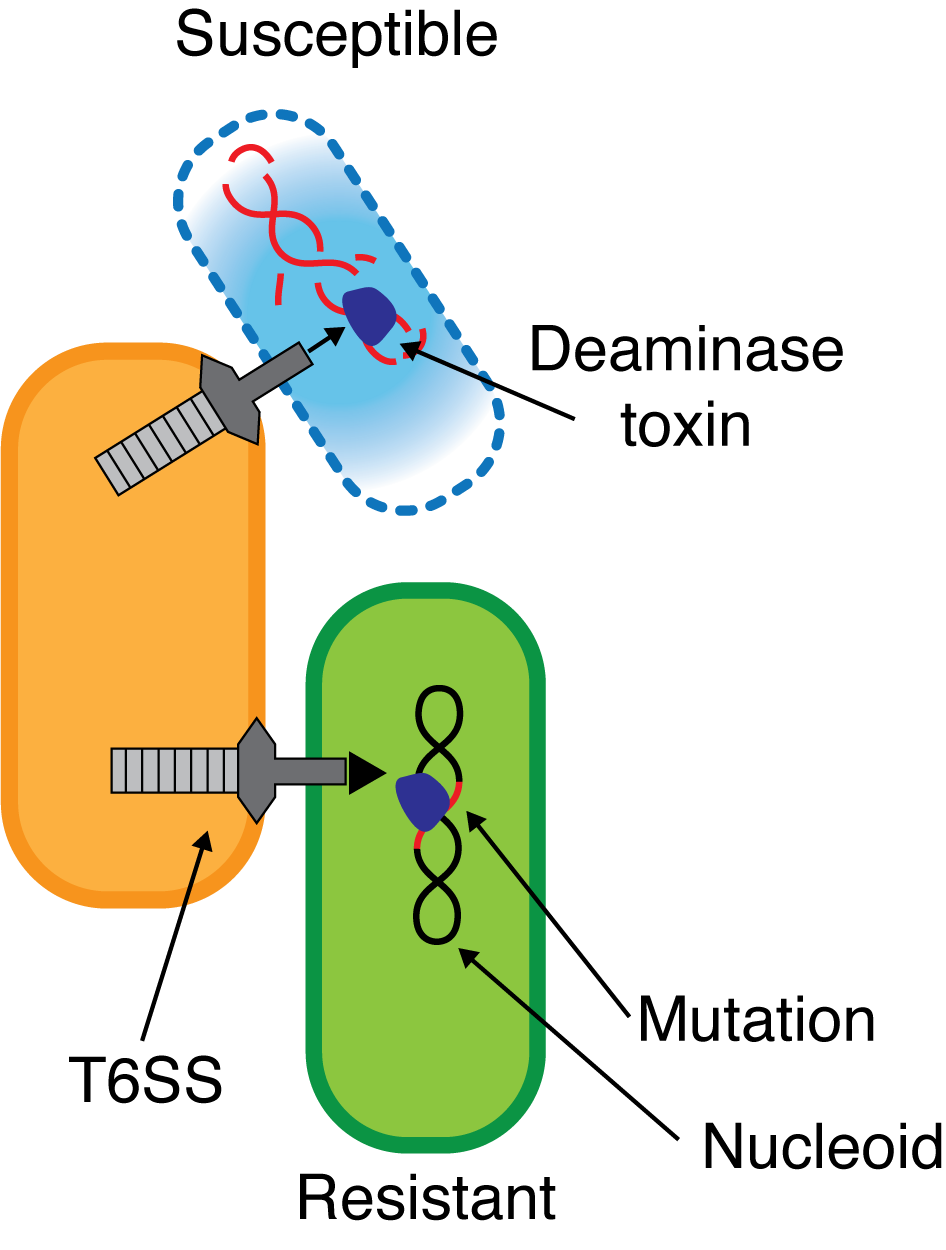Bacteria are found in most environments where they form communities with a complex interaction network of cooperation and antagonism. It is also in the context of communities that bacteria undergo a process of adaptation to cope with changing environmental conditions. To defend their niche and guarantee access to limited resources, bacteria can employ toxin delivery pathways that target competing cells. Through the study of bacterial toxins and their long-term physiological effects, the de Moraes Lab aims to elucidate how interactions shape microbial communities assembly, composition, and evolution. Moreover, the de Moraes lab is interested in harnessing the potential of bacterial toxins for biotechnological applications.

WEBSITE(S)| Google Scholar | de Moraes Lab

De Moraes research image
Education
Ph.D. Soil and Water Sciences (2016) University of Florida
M.S. Genetics and Molecular Biology (2012) University of Campinas
B.S. Biology (2009) University of Campinas
